Reflection paper on Genetically Modified Organisms (GMOs)
Maryknoll missioners have worked alongside farmers for decades. Their experiences inform this reflection paper on GMOs.
Climate change is at the center of the environmental challenges facing the global community. Maryknoll missioners around the world witness firsthand the devastating impacts of the changing climate, most egregiously on those who have contributed least to climate change, communities that are poor, powerless, and pushed to the margins by society.
We educate for environmental justice by first clarifying and deepening our own comprehension of these insights: that every creature has the right to be; the right to its habitat; and the right to make its own contribution to all of life. We believe that the global failure to protect our Common Home has become, in reality, a simultaneous assault on the poor and a form of environmental racism.
Maryknoll Leadership Statement on Pope Francis’ encyclical “On Care for Our Common Home“
MARYKNOLL REFLECTIONS ON LAUDATO SI: Ecological conversion: Called to hope, spurred to action
POLICY BRIEF: Climate Change and Care for Creation
WEBINAR: Climate Change and the 2020 Elections
ARTICLE: Maryknoll Missioners Take Climate Action
SPECIAL PROGRAM: Integral Ecology Program
NEWSLETTER: Encounters Where Faith, Economy, Ecology Meet
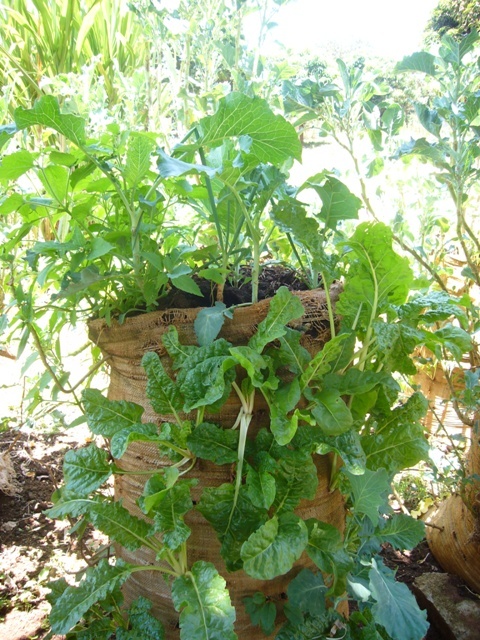
Maryknoll missioners have worked alongside farmers for decades. Their experiences inform this reflection paper on GMOs.
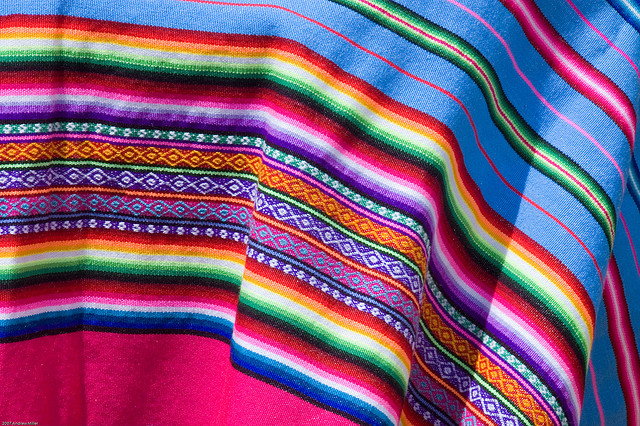
This week’s scripture reflection was prepared by lay missioner Christine Perrier.
Universities, religious institutions, governments and other investors are withdrawing their investments from the fossil fuel sector – corporations that extract oil, coal, gas and other fossil fuels.
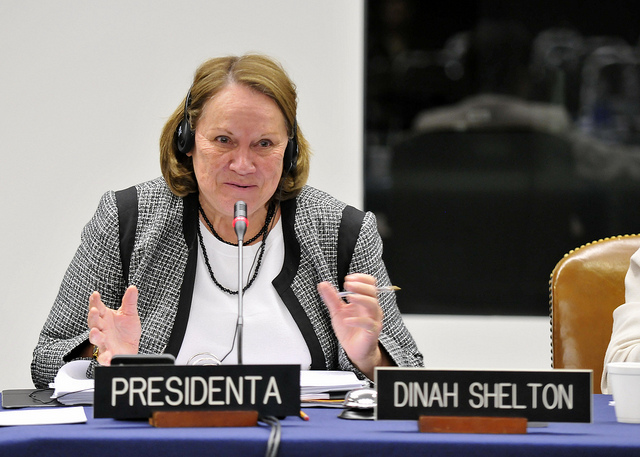
Two children are recent victims in a rash of human rights abuses directed at indigenous people who oppose the exploitation of natural resources on community lands in Guatemala.
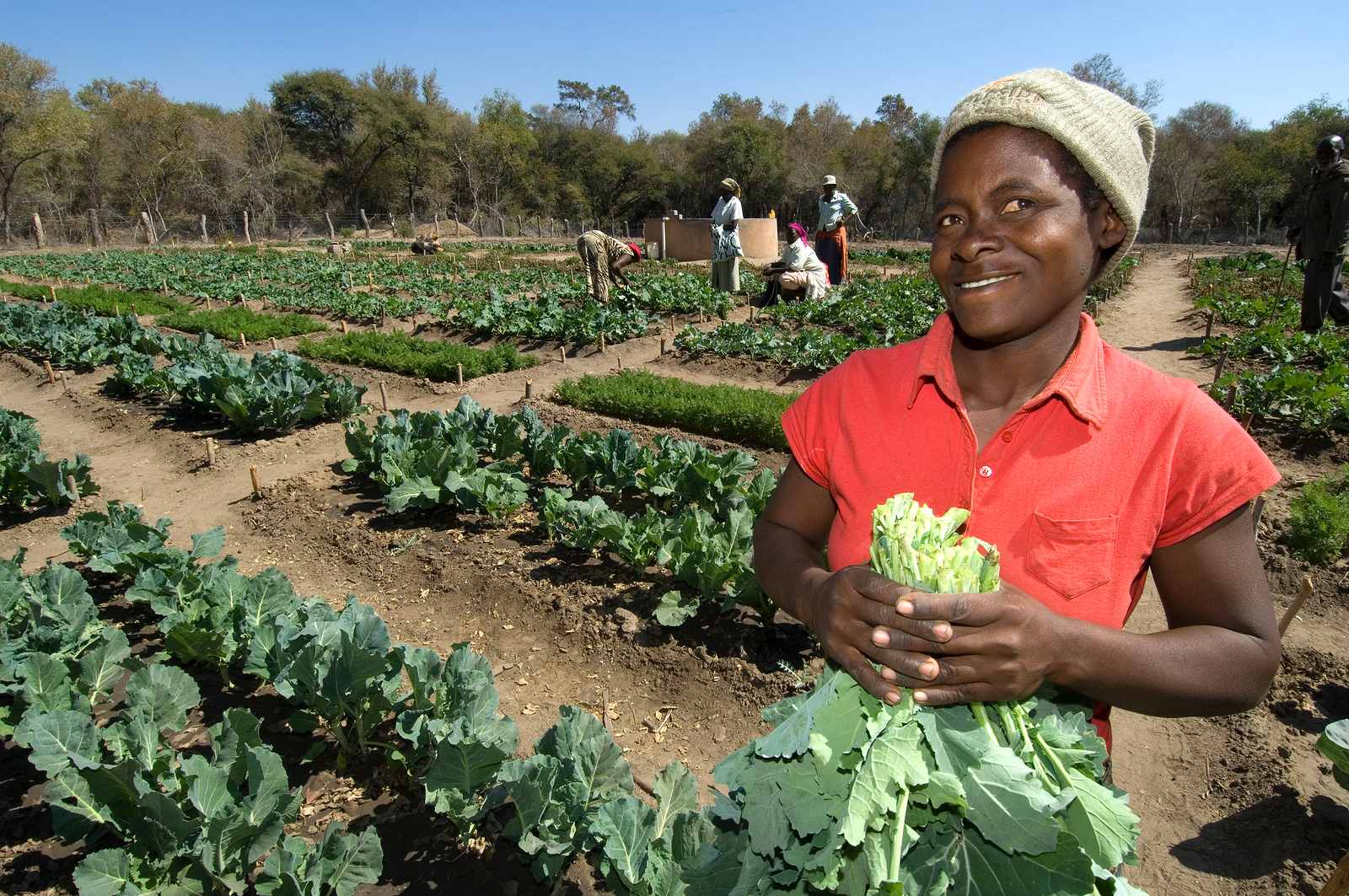
Since the food crises in 2008-2009, a number of programs have evolved to increase investments in African agriculture and rural development.
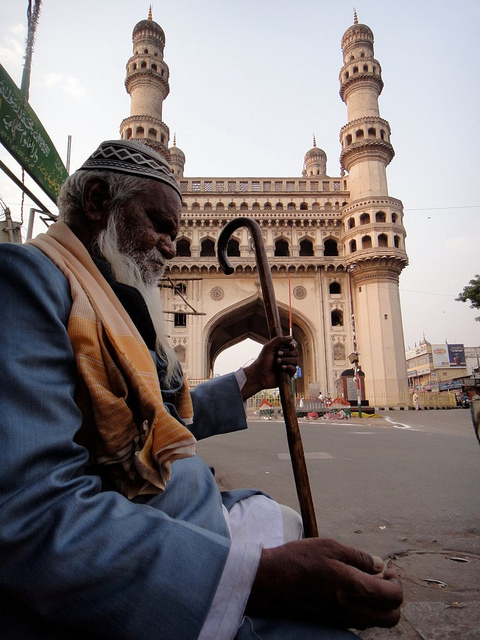
Chad Ribordy and his family live in Brazil where they served as lay missioners.
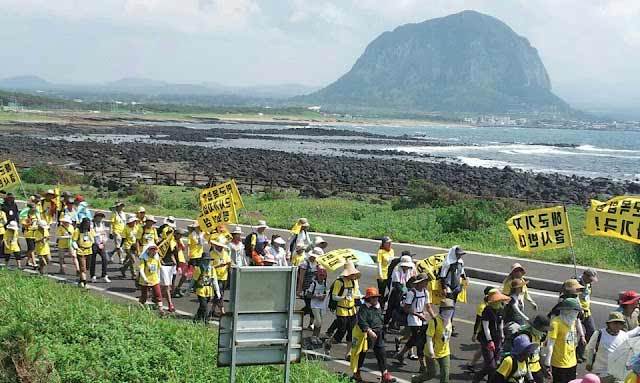
Sign this petition in support of the people of Jeju Island.
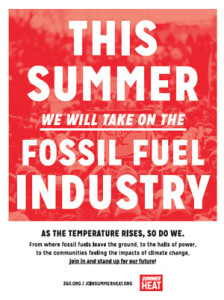
Learn more about 350.org events this summer, especially the July 26-27 events in Washington, D.C.: Summer Heat 2013. From 350.org: President Obama: Keep your promises. There will be two big actions in Washington, D.C. the weekend of July 26th! First, join 350.org Friday, July 26 in the heart of downtown D.C.’s corporate fossil fuel corridor…

Fr. Leo Shea has served as a missioner in several locations, most recently in Jamaica.

Resources published in the July-August 2013 NewsNotes.
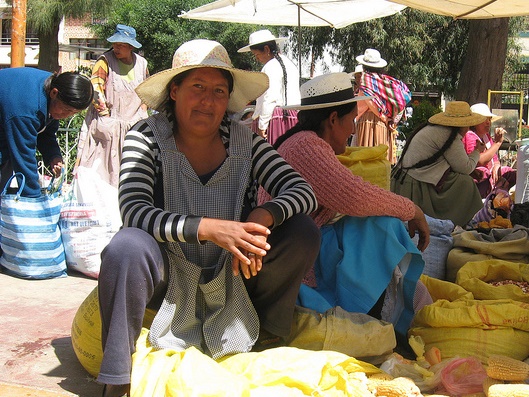
At the June 27-28 Vienna+20 High-Level Conference on Human Rights, the Global Network for the Right to Food and Nutrition (RTFN) was launched with the intent to hold governments accountable for the realization of one of the most violated human rights worldwide: the right to adequate food and nutrition.

Members of civil society from both regions are raising concerns around food and agricultural provisions in the proposed TTIP that could threaten the safety of our food, our farmers and our planet.
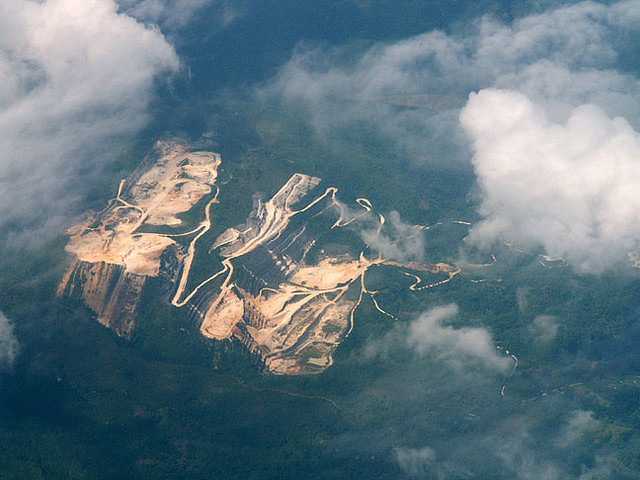
The following principles are promoted by the Extractive Industries Working Group, a coalition of faith, human rights, and environmental organizations concerned about the negative impact of extractive industries on the human and natural world.
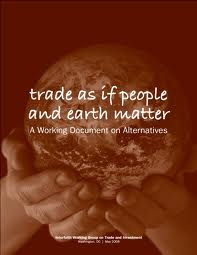
This 20-page document was prepared by the Interfaith Working Group on Trade and Investment.
Fr. Gene Toland has served the people of South America for many years; he writes this Sunday’s reflection.

Fr. Steve Judd has spent many years as a missioner in Peru and now in Bolivia.
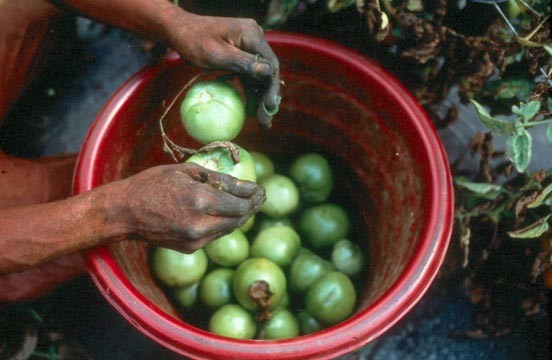
Br. Dave Andrews, CSC, who has worked for years on food justice issues, spoke to the participants at the 2013 Ecumenical Advocacy Days gathering.
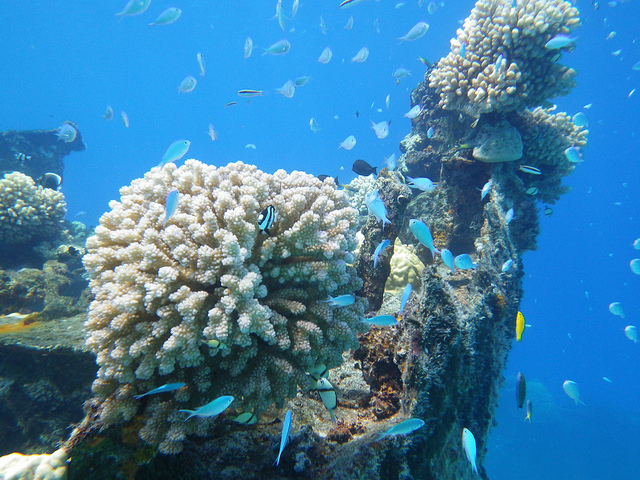
Sr. Janet Hockman served as a missioner in the Marshall Islands and in Nepal.